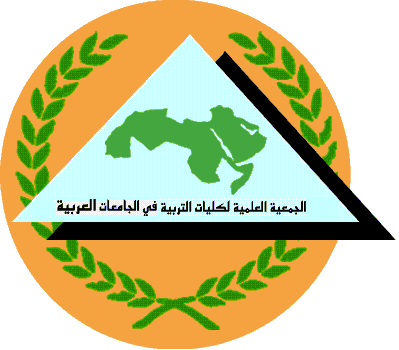Association of Arab Universities Journal for Education and Psychology

Abstract
سعت هذه الدراسة لإيجاد مدى تركيز كتب العلوم للصفوف الثلاثة الأولى على الأسئلة المتعلقة بعمليات العلم الأساسية، تكونت عينة الدراسة من مجتمعها، حيث كانت العينة ثلاثة كتب علوم للصفوف الثلاثة الأولى من مرحلة التعليم الأساسي في الأردن، حيث تألف كل كتاب من جزأين، وكانت هذه الكتب تدرس في السنة الدراسية 2011/2010. تم تطوير أداة للدراسة للإجابة عن سؤالها البحثي، وتم إيجاد صدق وثبات أداة الدراسة، وتم استخدام الإحصاء الوصفي لتحليل البيانات.
أشارت نتائج الدراسة إلى أن أسئلة الاكتشاف المتعلقة بعمليات العلم (الملاحظة والاستدلال، والتصنيف، والتنبؤ، والقياس، والوصف) لم تكن موزعة بالتساوي في كتب العلوم الثلاثة، حيث حصلت الأسئلة المتعلقة بالملاحظة على نسبة ((%60.1 من مجموع الأسئلة، تلتها في الترتيب الأسئلة المتعلقة بالاستدلال (%20.9)، وتلك المتعلقة بالتنبؤ (%6)، وتلك المتعلقة بالتصنيف (%5.8)، وتلك المتعلقة بالوصف (%5)، وتلك المتعلقة بالقياس.(%2.2)
وقد أوصت الدراسة بضرورة زيادة التركيز على الأسئلة المتعلقة بالتنبؤ، والتصنيف، والوصف، والقياس.
This study sought to find the extent to which science books for the first three grades focus on questions related to basic science processes. The sample of the study consisted of its community. The sample consisted of three science books for the first three grades of basic education in Jordan. Taught in the 2010/2011 academic year. A tool was developed for the study to answer its research question, the validity and reliability of the study tool were found, and descriptive statistics were used to analyze the data.
The results of the study indicated that the discovery questions related to science processes (observation, inference, classification, prediction, measurement, and description) were not evenly distributed in the three science books, where the questions related to observation got 60.1% of the total questions, followed by questions in order Related to inference (20.9%), prediction (6%), classification (5.8%), description (5%), and measurement (2.2%).
The study recommended the need to focus more on questions related to prediction, classification, description, and measurement.
Recommended Citation
الحراحشة, كوثر عبود; العديلي, عبد السلاد; and بعاره, حسين عبد اللطيف
(2022)
"مدى تركيز كتب العلوم للصفوف الثلاثة الأولى من مرحلة التعليم الأساسي في الأردن على الأسئلة المتعلقة بعمليات العلم الأساسية. The extent to which science textbooks for the first three grades of basic education in Jordan focus on questions related to basic science processes,"
Association of Arab Universities Journal for Education and Psychology: Vol. 15:
Iss.
4, Article 4.
Available at:
https://digitalcommons.aaru.edu.jo/aaru_jep/vol15/iss4/4

